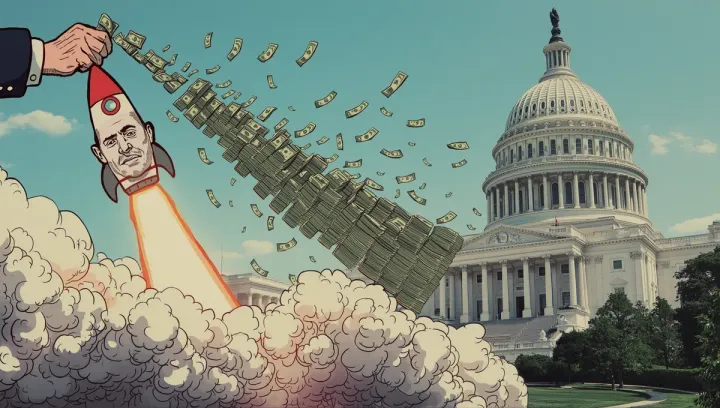
The Nvidia-AMD 'Deal': A National Security Fee or a Political Payoff?
In the grand theater of political absurdity, the latest act is a masterclass in blurring lines. The Trump administration has confirmed a “deal” that feels less like trade policy and more like a scene from a mob movie: Nvidia and AMD are to hand over 15% of their chip revenue from China directly to the U.S. government.
Let’s call it what it is: a shakedown.
Ostensibly, this is framed as a matter of national security. The narrative suggests this “fee” will be used to… well, the purpose is conveniently vague. To fund American innovation? To counter China’s technological rise? The justification is as murky as the deal itself. This isn’t a tariff, which would be a broad, legislated policy. This is a backroom deal targeting specific companies, making it feel arbitrary and deeply unsettling.
The move sets a dangerous precedent. When a government can demand a direct cut of a company’s revenue based on who they sell to, it bypasses established economic and legal frameworks. It replaces predictable policy with the whims of a single administration. For Nvidia and AMD, this is a nightmare. They are caught between a massive market (China) and a government that sees their success as a piggy bank to be raided for political leverage.
The questions this raises are chilling. Is this a one-time deal, or will other tech companies be next? What happens to the funds? Who oversees them? The lack of transparency is staggering.
This isn’t a strategy for national security; it’s a monetization of foreign policy, a political payoff masquerading as governance. It creates a chaotic environment where businesses must navigate not just markets, but the unpredictable demands of political leaders. The message is clear: in this new world, success is not just about innovation, but about paying the right people.
Sources:


